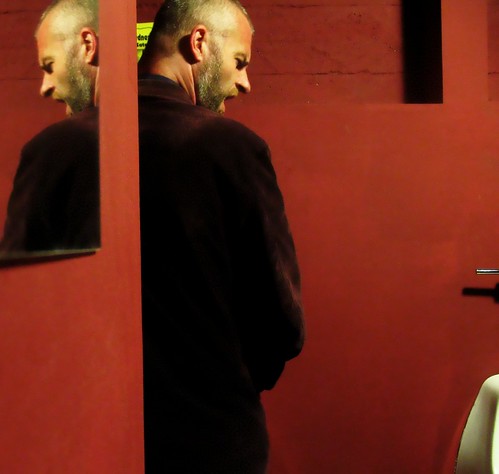
Take a moment to ask a person about their dreams and they’ll tell you about a fulfilling career, a great relationship, or their own island in the Pacific Ocean.
Take a couple more moments, as I often do in coaching, to ask them what they’re planning to do in order to make their dreams come true, and you’ll often hear the most unrealistic fairytales.
In my experience, most people are simply not willing to do the things which will realistically make them achieve their big dreams, things which happen to also be pretty hard. Thus, they automatically reject the most effective alternatives, they’re stuck with bad alternatives and they eventually abandon their dreams.
Real Stories
Here are three real examples, of people I’ve interacted with in the past few months:
- A person who wants to become a top professional in a Fortune 500 company, but is not willing to leave the small town they live in. Why? Because all their friends and relatives are there.
- A person who hates their job and wants to go into a new professional field, but is not willing to take the initial salary cut. Why? Because they would have to sell their fast car and take the subway for a while.
- A person who wants to have a successful business, but is not willing to work for 2 or 3 years at developing this business besides their regular job, until it becomes sustainable. Why? Too much work.
In all these examples, the path exists. The only problem is that the person is not willing to take the path. They don’t want to make the necessary compromises.
Quitting In the Face Of a Challenge
Now I’m not saying that all compromises are good. Sometimes, the effort to get to a certain place in your life is just not worth it by comparison with the benefits. However, this is not the case I’m talking about.
The real issue in my view is that many people aren’t willing to make even strategic compromises, which in the end would be worth it: the short-term compromise for the much bigger long-term benefits.
In my area of people skills, I see countless examples of people who aren’t willing to accept a challenge and put in the work to improve key people skills, even though they know how much it would enrich their lives. They stop at the level of: “Yeah, I know: I should probably work on this.” And they pay the price.
Reality Check
Let’s turn the discussion towards you. I invite you to look at your life, your career and your relationships, and ask yourself four magic questions:
- What are my biggest, boldest dreams in these areas?
- What are realistically, the things I need to do in order to achieve these dreams?
- Which of these things have I really accepted and decided to do?
- Which of these things am I really doing?
If you’re like 98% of people, you’ll find out that your deeds aren’t exactly aligned with your dreams. There is a gap between them which if you don’t face, can become as big as the Grand Canyon.
You may try to find shortcuts and creative solutions to achieve your goals with little effort or struggle. If your goals are high, chances are that you will not find them or they won’t work.
The roads to great places tend to have quite the bumps at some points. The best thing you can do is to accept the bumps in the road and go through them.
In a way, you could say that making those hard, initial compromises to get what will truly enrich your life is the easy way. I say this because if you look at things in perspective, you end up living a much more meaningful and joyful life.
However, the meaningful joyful life does imply an initial level of work, perseverance and sacrifice which only few people are willing to go through. But if you want something big and you want it badly enough, it makes sense to go beyond what most people are willing to do.
If you decide that you simply don’t want if badly enough, no problem. Just make sure that when you’re an old person and you tell stories to your grandchildren about your life, you don’t say that you could have been a great person but you didn’t have the opportunity. It was right there in your face!
Image courtesy of jurvetson







